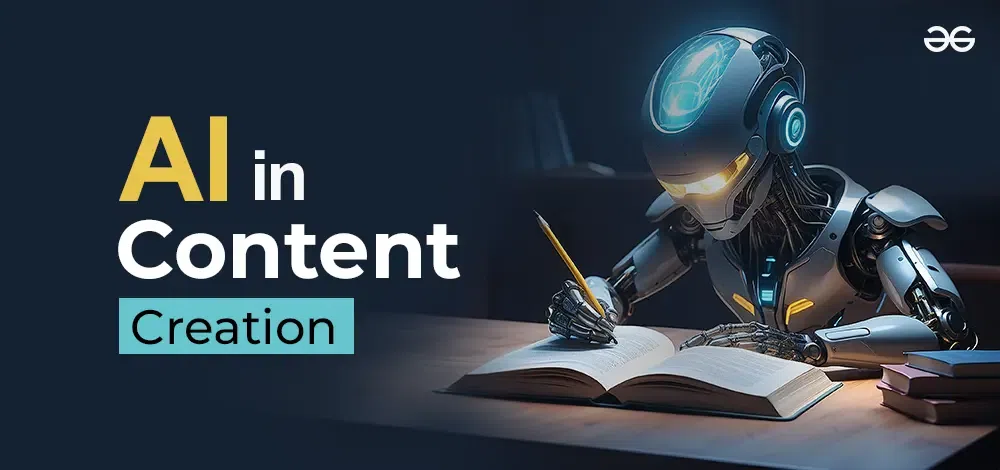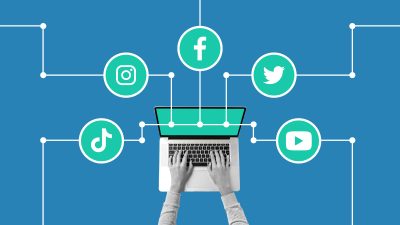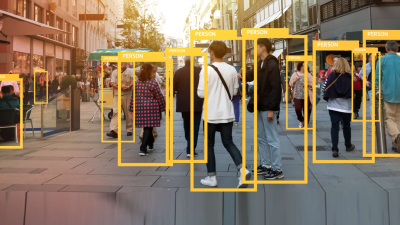Introduction
In the digital age, content is king—but creating high-quality, personalized, and scalable content has always been a challenge. Enter Artificial Intelligence (AI)—a game-changer in the world of content marketing. From generating blog posts and social media captions to optimizing ad campaigns and analyzing performance, AI is revolutionizing how brands create, distribute, and refine their messaging. Let’s see How AI Is Transforming Content Creation and Campaigns.
This blog explores how AI is transforming content creation and marketing campaigns in 2025, the tools leading this revolution, and how businesses can leverage AI to stay ahead of the curve.
1. The Evolution of AI in Content Marketing
AI in content marketing has evolved from simple automation tools to sophisticated systems capable of:
- Understanding natural language
- Generating human-like text
- Personalizing content at scale
- Predicting user behavior
- Optimizing campaigns in real time
Key Milestones:
- 2015–2019: Rise of chatbots and basic automation
- 2020–2023: Introduction of GPT-3 and AI copywriting tools
- 2024–2025: Widespread adoption of generative AI (e.g., GPT-4, Claude, Gemini) in content workflows
2. AI-Powered Content Creation
✍️ AI Writing Assistants
Tools like ChatGPT, Jasper, Copy.ai, and Writesonic can generate:
- Blog posts
- Product descriptions
- Email campaigns
- Social media captions
- Ad copy
Benefits:
- Saves time and cost
- Maintains brand voice
- Scales content production
🎨 AI for Visual Content
AI tools like Canva AI, Adobe Firefly, and DALL·E help create:
- Social media graphics
- Infographics
- Ad creatives
- Video thumbnails
🎥 AI Video Generation
Platforms like Synthesia and Pictory allow marketers to:
- Turn scripts into videos
- Generate avatars and voiceovers
- Repurpose blog content into video format

3. Personalization at Scale
AI enables hyper-personalized content based on user behavior, preferences, and demographics.
Examples:
- Personalized email subject lines
- Dynamic website content
- Product recommendations
- Location-based offers
Tools:
- HubSpot AI
- Salesforce Einstein
- Dynamic Yield
- Persado
4. AI in Campaign Planning and Optimization
📊 Predictive Analytics
AI analyzes historical data to forecast:
- Best times to post
- Likely customer actions
- Campaign ROI
🧠 A/B Testing Automation
AI tools can:
- Run multiple ad variations
- Automatically select top performers
- Adjust budgets in real time
🔁 Real-Time Optimization
AI platforms like Meta Advantage+ and Google Performance Max use machine learning to:
- Allocate ad spend
- Optimize targeting
- Improve conversion rates
5. AI for SEO and Content Strategy
🔍 Keyword Research
AI tools like Surfer SEO, Clearscope, and MarketMuse suggest:
- High-ranking keywords
- Content gaps
- Semantic clusters
🧱 Content Structuring
AI helps organize content into:
- Pillar pages and topic clusters
- FAQ sections
- Featured snippet-friendly formats
📈 Performance Tracking
AI-powered dashboards provide:
- Real-time analytics
- Sentiment analysis
- Content scoring

6. Chatbots and Conversational Marketing
AI chatbots like Drift, Intercom, and Tidio are transforming customer engagement by:
- Answering FAQs
- Qualifying leads
- Booking appointments
- Offering product recommendations
Benefits:
- 24/7 availability
- Instant response
- Seamless handoff to human agents
7. Ethical Considerations and Challenges
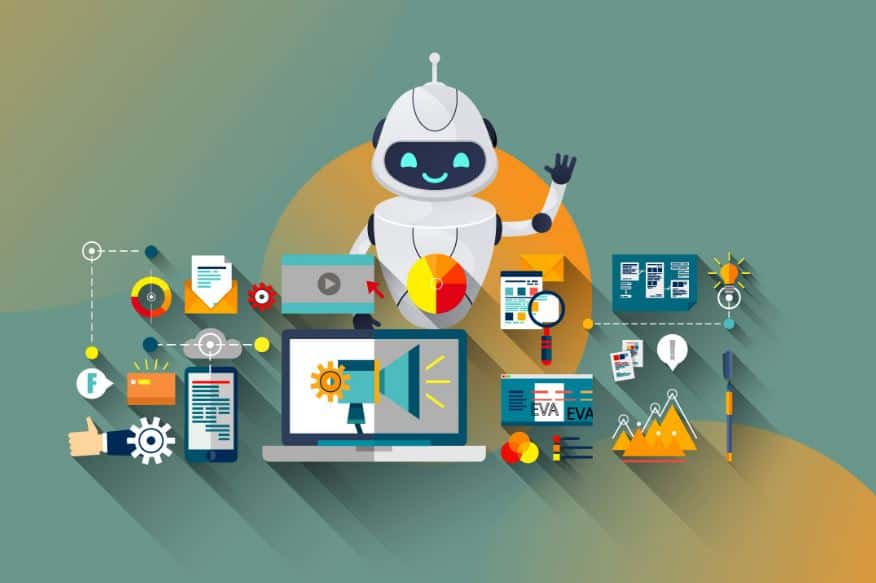
⚠️ Content Authenticity
AI-generated content must be reviewed for:
- Accuracy
- Bias
- Plagiarism
⚠️ Over-Reliance on Automation
Human creativity and emotional intelligence are still irreplaceable.
⚠️ Data Privacy
AI tools must comply with regulations like GDPR and India’s DPDP Act.8. Case Studies: AI in Action
8. Case Studies: AI in Action
🛍️ E-Commerce Brand
Used AI to generate 500+ product descriptions in 2 days, increasing organic traffic by 40%.
📰 Media Company
Automated news summaries and social posts, saving 30 hours/week in editorial time.
📧 SaaS Startup
Used AI to personalize email campaigns, boosting open rates by 25% and conversions by 15%.
9. The Future of AI in Content Marketing
🔮 What’s Next?
- Multimodal AI: Combining text, image, and video generation
- Voice-first content: Optimizing for smart assistants
- AI content editors: Real-time grammar, tone, and SEO suggestions
- Emotion-aware AI: Tailoring content based on user sentiment
10. How to Integrate AI into Your Content Workflow
✅ Start Small
Use AI for ideation, outlines, or social media posts.
✅ Choose the Right Tools
Evaluate based on your goals, team size, and budget.
✅ Maintain Human Oversight
Always review and refine AI-generated content.
✅ Train Your Team
Upskill marketers to work alongside AI tools effectively.
Conclusion
AI is not here to replace content creators—it’s here to empower them. By automating repetitive tasks, enhancing personalization, and providing data-driven insights, AI allows marketers to focus on what they do best: telling stories, building relationships, and driving results.
As we move deeper into the AI era, the most successful brands will be those that embrace these tools strategically, ethically, and creatively.

